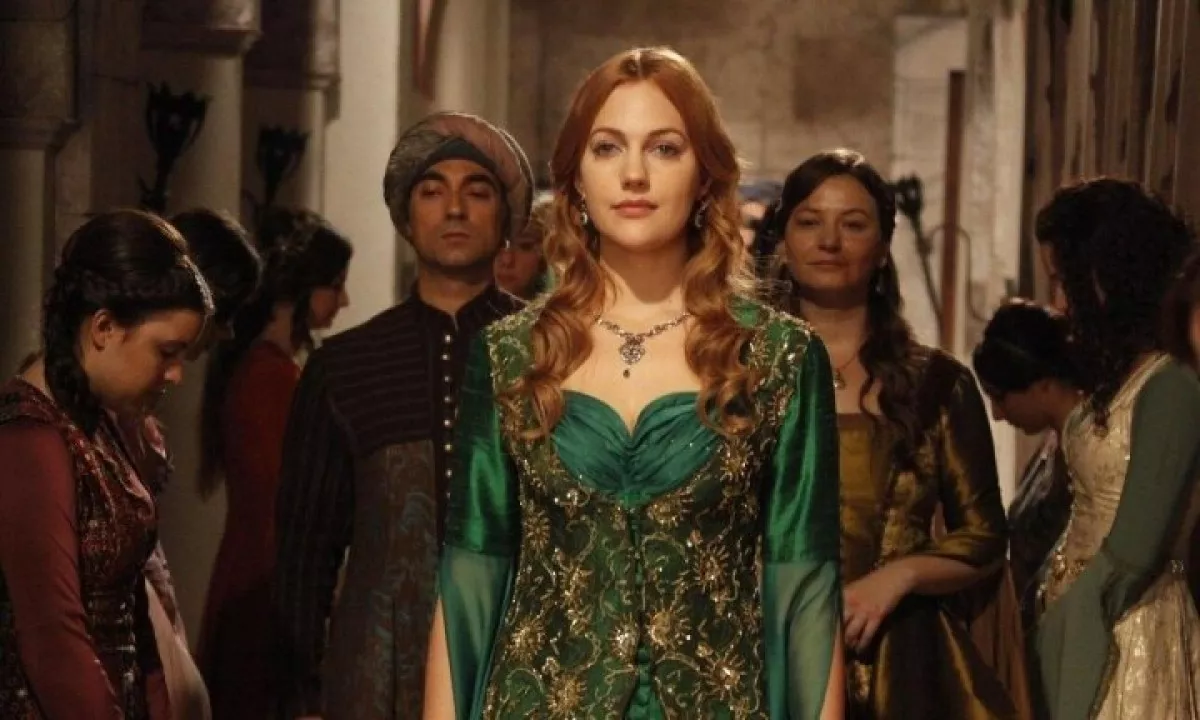The reasons for Prince Mustafa's execution and political intrigue

The execution of Prince Mustafa, the heir to the Ottoman Empire, by his father Suleiman the Magnificent, is a topic that historians continue to analyze deeply. This was reported by Upl.uz.
This event is one of the most tragic pages of the Ottoman dynasty, raising important questions about power, loyalty, and state necessity. The distinction between political intrigue within the palace and betrayal of the state is very subtle and requires detailed study.
By the mid-16th century, Prince Mustafa had gained significant prestige. While governing his province, he not only won the affection of the common people but also secured the loyalty of the elite layer of the army.
That is, the courtiers and soldiers, namely the provincial cavalry, viewed him as the only worthy heir to the aging sultan. Their demand to appoint Mustafa as the commander in the upcoming Persian campaign was a political pressure on the central authority.
Amid rumors of Suleiman's declining health, the popularity of the prince created a situation ready to explode, yet there were no open calls for rebellion. The beginning of the tragedy was caused by an operation orchestrated by the grand vizier Rustam Pasha.
He was the sultan's son-in-law and a trusted partner of Hürrem Sultan. Historical sources note that Rustam Pasha sent a forged letter in Mustafa's name to the Persian king Tahmasp.
The letter contained a proposal to form an alliance against the sultan. Then, a forged response letter was presented, stating that the king accepted the proposal with pleasure.
These documents were submitted to Suleiman and became the main evidence for the charge of treason, leading to the death penalty. Mustafa himself cannot be portrayed solely in a positive light.
Some non-historical sources claim that in 1541 he exchanged letters with the Austrian ambassador, but this has not been confirmed in reliable archives. However, it has been documented that he disobeyed at least once.
According to the rules of the Ottoman palace, princes could not grow beards until they ascended the throne, as a beard was a symbol of the sultan's sovereignty. Mustafa's growing of a beard was interpreted as a political protest.
Researchers believe that this act was a political statement against Hürrem Sultan and Rustam Pasha's attempts to place their sons on the throne. There was no strategy for losing in this situation.
Although the evidence of treason was forged, Suleiman's concerns were justified. Mustafa's influence in the army had reached such a level that the soldiers' loyalty was in question.
The country was close to civil war. According to Ottoman law, even if there was no open rebellion, if there was danger and a threat to the succession of the throne, the highest penalty would be applied.
In an absolute monarchy, preventing such a threat was crucial for the survival of the state. Although the truth began to gradually emerge after Mustafa's execution, Suleiman did not kill Rustam Pasha; he merely dismissed him temporarily and sent him into exile.
This demonstrates how strong his and Hürrem Sultan's political control in the palace was. Later, they had another minister, Kara Ahmed Pasha, executed to clear their path.
Prince Mustafa was not directly a traitor; he did not raise arms against his father nor form alliances with enemies. However, his significant prestige and political actions posed a serious threat to the sultan's authority.
Many historians believe that the determination of Hürrem Sultan, who was fighting for the future of the dynasty at that time, caused more instability than Mustafa himself. Therefore, not only Mustafa but many in the state







